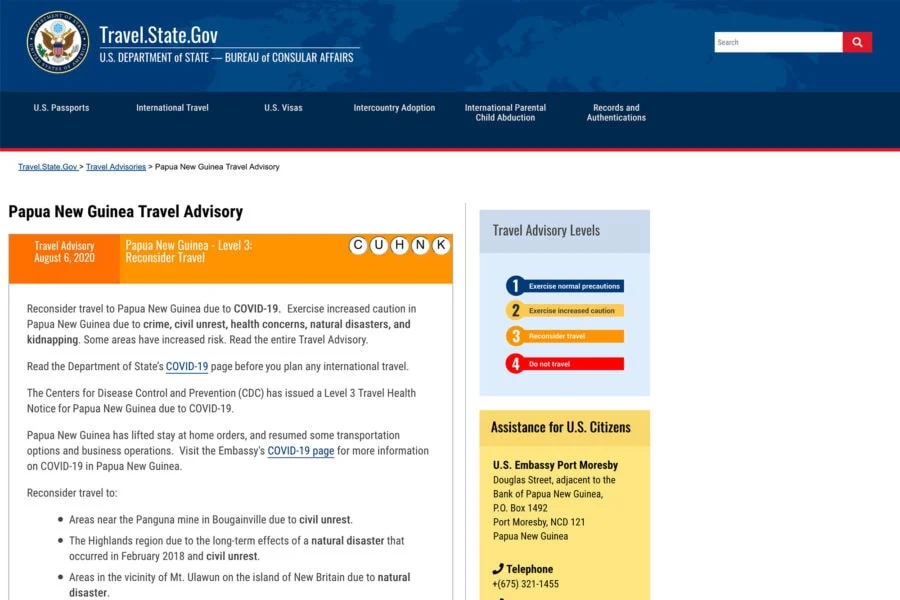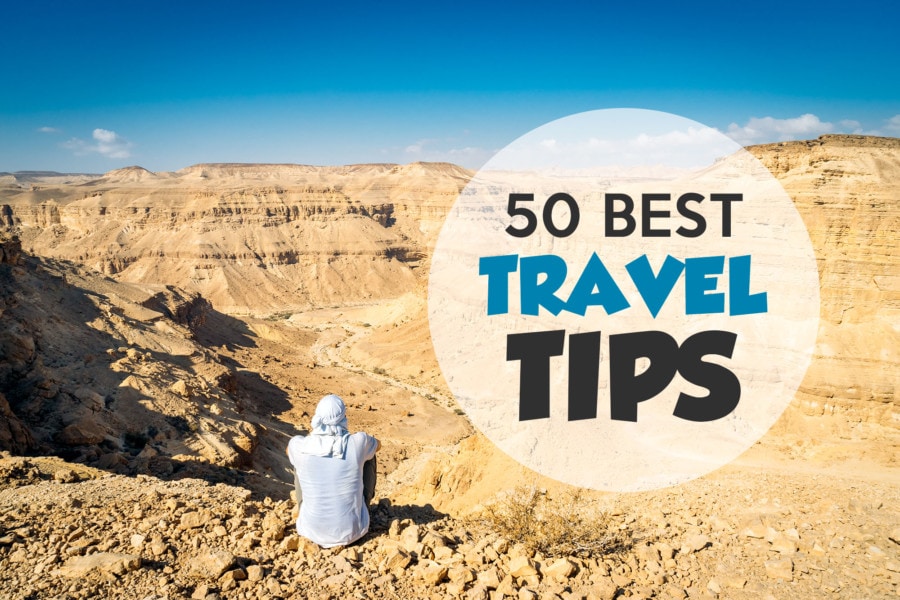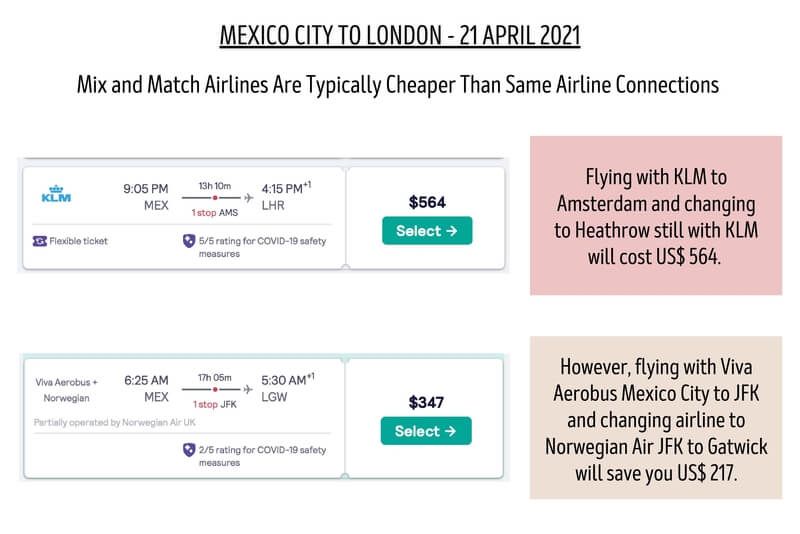Are you planning a great adventure? Whether you are taking a trip around the world or just visiting a new city, there are some important tips you need to know before embarking on your journey. In this blog post, we’ve rounded up 7 essential travel tips that will help make your trip a success.

What to Pack
Packing for a trip can be overwhelming, so make sure to start with a list of the basics before you move on to the optional items. Start by packing clothing items such as undergarments, pants, shirts, sweaters and jackets. Don’t forget to pack a pair of comfortable shoes for walking and exploring. Make sure to include your necessary toiletries such as shampoo, conditioner, toothbrush and toothpaste as well as any makeup or skincare products you may need. Depending on the length of your trip and type of activities you plan on doing while traveling you should also consider packing extra items such as books or magazines to read during your travels, a camera to capture memories or other electronics such as headphones or an external charger. Finally make sure to include any necessary documents or identification cards such as your passport, driver’s license or international driver’s license that may be required for entry into certain countries.

Research Your Destination
Researching your destination before taking a trip is essential to ensuring you have a safe, enjoyable and memorable experience. To get the most out of your trip start by doing some basic research on the location you plan to visit. Here are some tips to help make researching your destination easier:
1. Check for health advisories and travel warnings or advisories – It’s important to stay up-to-date with any health advisories that may be in effect for the area you’re visiting. You can find information on this from the World Health Organization website or from your local government’s travel advisory websites.
2. Search Google Images or Pinterest for your destination – Images can give you an idea of what sights you want to see when you get there and help provide context for any questions you may have about the area.
3. Search Viator – Viator provides detailed reviews of attractions, activities, tours, and other experiences from people who have been there before so that it’s easier to decide what places are worth visiting while in a new city or country.
4. Think outside the box when booking flights – If budget is an issue, don’t just go with the most popular airlines or book flight tickets through well-known sites such as Expedia or Kayak; use apps like Skyscanner which compares multiple airlines and allows users to book their flights directly with them at a lower cost than through traditional sources such as Expedia or Kayak..
5. Hire a local guide – By hiring local guides, not only will they be able to provide an insider perspective on their culture but it also helps support the local economy directly so everyone wins!

Plan Your Itinerary
Planning your itinerary is one of the most important steps when preparing for a trip. It’s essential to create a detailed plan so that you can make the most out of your time and maximize your vacation experience. Here are some tips to consider when planning your itinerary:
1. Research Your Destination – Before you start planning, research everything you can about your destination including attractions, transportation options, cultural customs and more. This will help you better understand what to expect during your trip and help you decide which activities are best for you.
2. Set a Time Frame – Decide how many days or weeks you have to explore and plan accordingly. Setting too short or too long of a time frame can leave out vital experiences or make it difficult to fit everything in.
3. Make a List – Create an outline with all the places and activities that interest you, then prioritize them based on what’s most important to you. This will make it easier for you to narrow down what should be included in your itinerary while still being able to leave some flexibility in case of unexpected opportunities or changes in plans along the way.
4. Consider Transportation Options – Figure out how far apart each activity is located and take into account how long it will take to get from place-to-place using different modes of transportation such as driving, public transportation, walking or biking so that travel times don’t eat up too much of your day.
5. Take Breaks – Don’t overload yourself with activities because this could lead to exhaustion and missing out on valuable moments during the trip altogether! You need breaks during each day so be sure to factor this into your itiner

Stay Connected & Secure Your Data
Traveling can be a thrilling and exciting experience, but it’s important to stay connected and secure your data while doing so. To ensure your data is safe and secure, there are a few precautions you should take before heading out on your journey.
Before travelling, minimize the amount of information you’re carrying with you. This will help reduce the risk of identity theft or security breaches that can occur when traveling. Additionally, avoid accessing sensitive data on public networks while travelling in order to protect yourself from cyber threats.
When travelling abroad, consider purchasing a travel SIM card or using roaming with your existing phone provider as an alternative to relying on public Wi-Fi connections for internet access. Before leaving home, make sure to let your bank know that you’ll be out of the country so they don’t freeze any transactions made during your travels.
Finally, if possible, leave unnecessary devices at home as having too many devices with you can increase the risk of losing them or having them stolen. By following these tips and maintaining awareness of potential risks while traveling, you can rest assured that your journey will remain safe and secure!

Choose the Right Accommodations
When it comes to choosing the right accommodations for your trip, there are a few important things to consider. First, you need to decide on the type of accommodation that will be most suitable for your needs – do you want a hotel, motel, hostel or home stay? Next, you need to think about the location. Is it close enough to the attractions and activities you plan on visiting? Finally, think about your budget and what type of accommodation is within it.
When researching different types of accommodations online or in travel books or magazines, make sure to read all reviews before making a decision. Reading reviews from previous travelers can give you an understanding of what other people experienced at that particular accommodation. They can also provide helpful information regarding amenities such as WiFi availability and cleanliness standards.
In addition to reading reviews, it is important to look into the cost associated with staying at each place. Hotels often have additional fees such as service charges and resort fees that can add up quickly if not planned for in advance. Hostels may offer discounts if booked far in advance but they also typically require shared rooms which may not be ideal for everyone.
Finally, make sure that any accommodation you book offers all the amenities that are necessary for your comfort during your stay. This could include air conditioning during hot months, comfortable bedding and furniture or kitchen facilities if needed for self-catering purposes.
By taking these tips into consideration when choosing the right accommodations for your trip, you should be able to find somewhere that meets both your budget and comfort levels so that you can enjoy an enjoyable and stress-free vacation!

Get Travel Insurance
Travel insurance is a form of insurance that covers financial losses you may incur while travelling, such as the cost of medical care, emergency evacuation, trip cancellation or interruption and lost or stolen luggage. It can also provide coverage for any financial losses caused by unexpected events such as natural disasters, civil unrest and terrorism. Whether you’re planning a family vacation or a business trip, travel insurance can provide peace of mind knowing that you are protected in the event of an unexpected incident.
When choosing a travel insurance policy, it’s important to consider who is going on the trip and what activities they will be doing. Different policies may offer different levels of coverage depending on who you are travelling with and what activities you’ll be participating in. For example, some policies may not cover certain high-risk activities such as skiing or rock climbing.
It’s also important to understand exactly what types of costs your policy will cover in the event of an emergency. Some policies may only cover medical expenses while others may include costs associated with delayed flights or lost luggage. Be sure to read through your policy carefully so that you know exactly what is covered and what isn’t before making any decisions about which policy is right for you.
Overall, travel insurance can help protect you financially in case something unexpected happens while travelling abroad. Make sure to do your research before selecting a policy so that you get the best coverage possible at the best price available!

Pack Light & Smart
Packing light and smart is essential for any successful trip. It can help reduce your stress, make traveling more enjoyable and make sure you have the essentials you need. Here are some tips to help you pack light and smart:
1. Plan Ahead: Make sure to plan out what you need ahead of time so that you can pack the right items without overpacking. Think about the activities you will be doing on your trip and what type of clothing or items would be necessary for those activities.
2. Use Compressible Bags: Compressible bags are a great way to save space when packing clothes and other items. They work by compressing bulky items such as sweaters, blankets, and jackets into a smaller size so they take up less room in your luggage or bag.
3. Streamline Your Electronics: When it comes to electronic devices, bring only the ones that are absolutely necessary for your trip such as a laptop, phone charger, digital camera etc… This will help keep your luggage light and prevent unnecessary bulk in your bag or suitcase.
4. Wear Your Bulkiest Items: To save even more space in your bags, wear some of the bulkiest items such as jackets or boots while traveling instead of packing them away in your suitcase or carry-on bag. This will free up valuable space for other needed items while also making travel easier since there is less weight to carry around with you throughout the day.
5. Choose Versatile Pieces: Another great tip when packing light is to choose pieces that are versatile so they can be worn multiple times during different days of your trip with different outfits or looks based on how they’re styled or accessorized

Budget for Unexpected Expenses
It is important to plan ahead and budget for any unexpected expenses that come up during your travels. Unexpected expenses can include anything from an extra day of accommodation or transportation to an emergency medical bill. By planning ahead, you can help avoid financial surprises and make sure your trip goes as smoothly as possible.
When budgeting for unexpected expenses, it is important to consider the big-ticket items such as airfare and accommodation. Also estimate the cost of meals, transportation, car rentals, gas and other costs associated with your trip. Research ahead of time will give you a better idea of how much these expenses are likely to cost so you can be prepared in case something comes up.
In addition to the large costs associated with travel, don’t forget about small costs such as tipping, entertainment, souvenirs and more. Allocating money for these smaller items will prevent a financial surprise down the road when you realize that all those little costs add up quickly!
Finally, it is important to have a backup plan in case something does come up unexpectedly during your travels. Make sure you set aside enough money for any potential issues that may arise so that if something does happen, you won’t be left stranded without funds.
Planning ahead and budgeting for unexpected expenses can help make sure your trip goes smoothly and without any unplanned surprises

Find the Cheapest Flights
Finding the cheapest flights for your next trip doesn’t have to be a hassle. With a few simple tips and tricks, you can get the best deals on airfares and save money on your travels.
The first step is to decide on approximate dates for your trip. Flexibility is key here – if you are able to choose different dates or times of departure, you may find cheaper flights available. Also, try flying during working weekdays as these tend to be the least expensive days of the week to fly.
Next, look into flight comparison sites such as Skyscanner or Momondo that allow you to find the cheapest tickets available within a particular time frame. You can also use these tools to compare fares across multiple airlines and routes so that you can select the most cost-effective option for your journey.
When booking flights, consider using budget airlines that offer lower prices than traditional carriers. These no-frills airlines often offer great deals on short-haul trips and can help save you money when traveling between countries in Europe or Asia.
Finally, keep an eye out for sales and promotional offers from airlines which may offer discounted fares at certain times of year or for specific destinations. Signing up for airline newsletters is another great way to stay informed about special offers that could help reduce the cost of your ticket prices significantly!

Save Money on Food and Drink
One of the best ways to save money on food and drink while traveling is to plan your budget beforehand. Decide how much you can spend on daily meals, snacks, and drinks before you leave. This will help keep you from overspending when you’re out and about exploring the area. When it comes to food, opt for the local cuisine whenever possible. Not only will this be cheaper than buying imported or international food options, but it will also give you a unique insight into the culture of the country or region that you are visiting.
You can also save money by bringing your own snacks and beverages with you on your travels; this is especially helpful if there are long distances between destinations, or if you’ll be spending time in remote areas with limited access to shops. Investing in a reusable water bottle is a great way to stay hydrated without having to buy bottles of water from stores each day, and packing some homemade snacks such as sandwiches or nuts can help keep hunger at bay until your next meal.
Finally, picnics are an excellent way to save money on food while traveling – they are cheap to prepare and often healthier than eating out all the time! All that’s needed is some bread, cheese or cold cuts (if allowed), salads or fruits, plenty of water for hydration, and some cutlery if needed – voila! You have yourself a nutritious picnic lunch that won’t break your budget!

![381cff1c39b6844f6734ab5fa33cdb15[1]](https://www.viralstories360.com/wp-content/uploads/2022/12/381cff1c39b6844f6734ab5fa33cdb151.jpg)